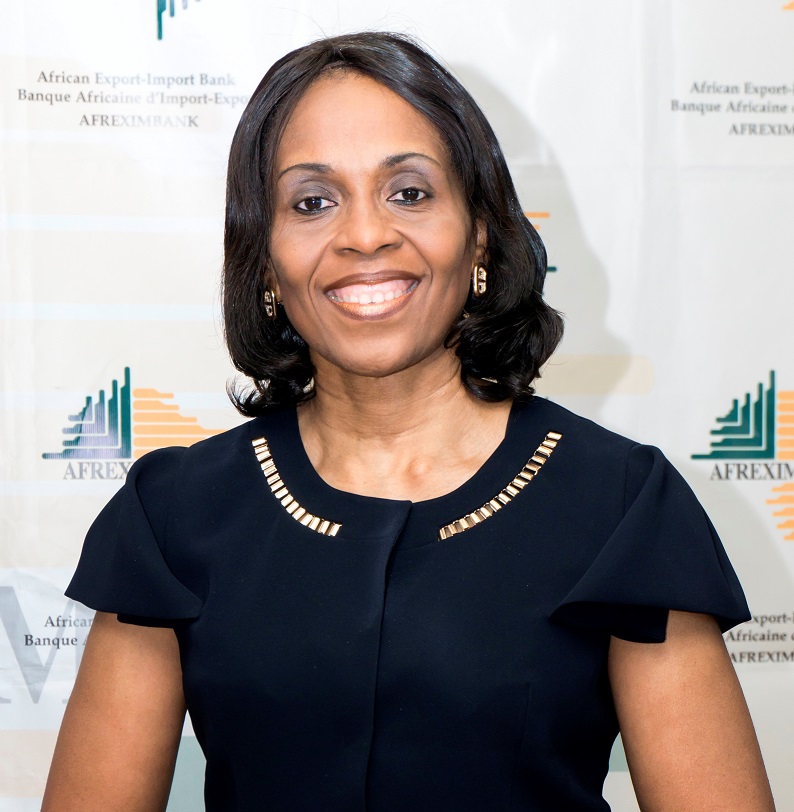The Nigerian Export Promotion Council (NEPC) has called for stronger efforts to formalise informal cross-border trade (ICBT), describing it as a vital but under-recognised driver of Nigeria’s economy. The Council said Nigeria’s true non-oil export value is far higher than official figures show, largely because thousands of informal traders, especially women and youths, operate outside the formal system.
Speaking in Ibadan during a one-day technical session on mainstreaming informal cross-border trade, the Executive Director and Chief Executive Officer of NEPC, Mrs. Nonye Ayeni, said informal traders are key to regional economic growth, food security, and employment across West Africa. Represented by the Acting Regional Coordinator, Lagos South West, Mrs. Bolanle Emmanuel, Ayeni described informal trade as a “dynamic and indispensable part of Nigeria’s trade landscape.”
She explained that these traders move agricultural produce, manufactured goods, and artisanal products daily across Nigeria’s borders, yet most of their activities are not captured in official trade data. “Nigeria’s true non-oil export value is higher than what official figures indicate,” Ayeni said.
To close this gap, the NEPC is partnering with the National Bureau of Statistics (NBS) to collect reliable data from major border corridors. The goal, Ayeni said, is to measure the volume of informal trade, identify key products, and use the data to guide policies that will make border trade more inclusive and profitable.
She added that NEPC has begun advocacy visits to border communities in Oyo and Kebbi States to understand the daily realities of small traders who face challenges such as poor infrastructure, lack of finance, and complex export documentation.
“NEPC is committed to empowering border traders through training on export documentation and simplifying compliance processes,” she stated. “With credible data and collaboration, we can unlock billions in export value, create jobs, and achieve our vision to ‘double your export.’”
In her technical presentation, trade expert Anne Adulugba revealed that Nigeria’s non-oil exports grew by 20.86% in 2024, reaching 7.29 million metric tonnes valued at $5.46 billion, compared to 6.68 million tonnes worth $4.51 billion in 2023. She emphasised that sustaining this growth requires formalising informal trade, which currently accounts for an estimated 30–40% of total trade in Sub-Saharan Africa.
“Capturing and using this data will help traders gain visibility, access finance, and expand into new markets,” she said.
Another presenter, Tochukwu Uzolo, noted that integrating informal trade statistics would improve market entry strategies and export planning. “Formalising trade brings multiple benefits—better foreign exchange earnings, reduced smuggling, improved data, and compliance with global standards,” she said.
Trade consultant Iyanuoluwa Ajayi added that proper documentation remains the foundation of successful exports. “In international trade, documents are as important as the cargo,” he stressed. Similarly, exporter and trainer Bunmi Omoyemi urged traders to ensure their documents are sourced from authorised agencies, warning that incomplete paperwork could lead to detention or rejection of goods. “Export is incomplete until proceeds are repatriated,” she said.
Representing the Nigeria Customs Service (NCS), Deputy Comptroller Paul Pansuak Goar explained that Customs plays a central role in regulating and facilitating legitimate trade. “The Service is not just about revenue collection; it ensures border security, enforces trade policies, and promotes lawful trade,” he said.
Goar outlined the various documentation processes involved in import and export, including the use of Form M, Bill of Lading, and Pre-Arrival Assessment Report (PAAR). He also highlighted the ongoing Trade Modernisation Project, which is digitising Customs operations to boost transparency and efficiency. “Partnerships with the World Customs Organization and AfCFTA are positioning Nigeria for greater benefits in global and regional trade,” he said.
He urged exporters to leverage digital tools, plan better, and take advantage of opportunities available under the African Continental Free Trade Area (AfCFTA).
During an interactive session, participants raised questions about export procedures, formalisation, and border safety. Addressing concerns about container accidents, Goar clarified that such incidents are beyond Customs’ control. “Once containers are released, they cease to be Customs property; most fallen containers are empty,” he explained.
Responding to a trader’s question on formalising informal trade, Goar advised exporters to complete their registration through the NXP portal or seek help from their banks.
Another participant asked what NEPC was doing beyond training. In response, Emmanuel said the Council provides free international product certifications to registered exporters to improve global acceptance of Nigerian goods. She also encouraged interested exporters to learn about AfCFTA’s rules of origin and product eligibility. “Compliance is key to benefiting from the continental market,” she added.
In his goodwill message, Dr. Ayobami Omotoso, President-General of the Okerete Transnational Border Town Markets and Industries, praised NEPC for bringing the session to Ibadan, a city with a long history of trade. He highlighted the Council’s support in formalising local industries like cashew and shea butter, saying that NEPC’s interventions have enabled factories to meet international standards. “The shea butter facility now produces 40 metric tonnes monthly,” he noted.
Mr. Mutiu Ojerinde of the Nigerian Shippers Council commended the collaboration between both agencies to ensure seamless cross-border trade. “Our shared goal is to deepen cooperation and make trade smoother for Nigerian exporters,” he said.
With informal trade employing millions across West Africa, experts say formalisation could be a game changer for Nigeria’s economy. For many small traders and MSMEs operating along border communities, the NEPC’s renewed focus offers hope for recognition, growth, and inclusion in the country’s export success story.








![Call For Applications:Innova [Africa Future of Work and Entrepreneurship] Fellowship 2023 Innova [Africa Future of Work and Entrepreneurship] Fellowship 2023](https://msmeafricaonline.com/wp-content/uploads/2023/07/WhatsApp-Image-2023-07-03-at-8.01.03-AM.jpeg)

